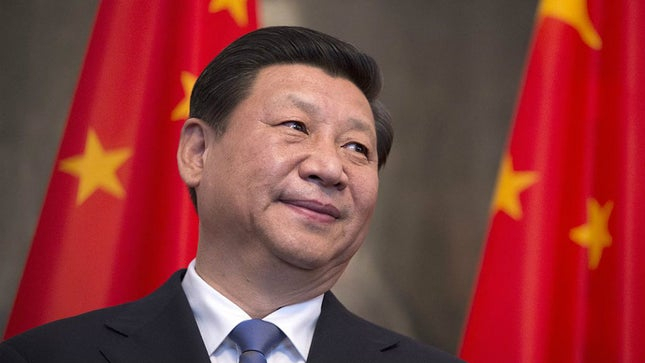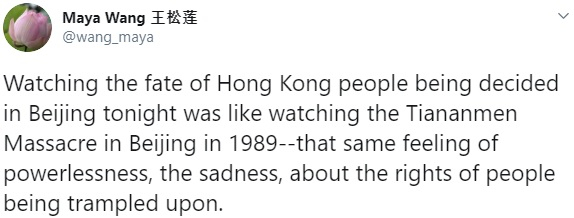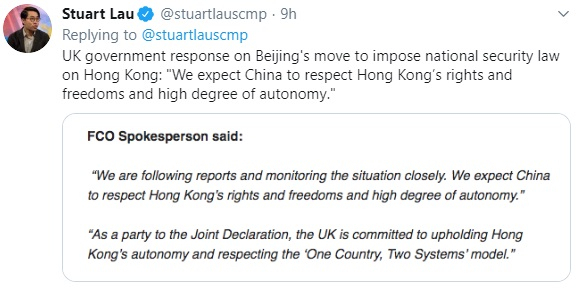China is set to introduce a national security law in Hong Kong that will ban secession, sedition and subversion in the city. The law will be discussed on Friday in China's National People's Congress (NPC), the highest organ of state power and the national legislature of the People's Republic of China (PRC). Pro-democracy voices in the semi-autonomous city have termed the law as "the end of Hong Kong".

Entered in the NPC agenda as Establishing and Improving the Legal System and Enforcement Mechanism of Hong Kong, the law aims to ban terrorist activities, sedition, secession as well as foreign influence in the city's affairs. On Thursday, NPC's spokesman Zhang Yesui said that Beijing was planning to improve the "one country, two systems" policy under which Hong Kong is governed. According to Yesui, national security is the bedrock of the country's stability and safeguarding it is in the "interest of all Chinese", Hong Kongers included.
In 2003, the city attempted to pass a sedition law but was unsuccessful after around half a million people took to the streets to oppose it.
How will China implement the legislation?
Apart from its very nature, another controversial part of this contentious legislation is that Beijing would bypass Hong Kong's elected government. It could be inserted into the Annex III of Hong Kong's Basic Law, which covers all the national laws to be followed in Hong Kong, BBC reported.
The city was under the rule of the British from 1841 to 1997. Following that, the arrangement between the U.K. and China allows for the country to be governed under the Basic Law, which allows for a greater autonomy to the city and more rights to its residents, as compared to other parts of China. It is set to expire in 2047.
Reaction from Hong Kong and Beyond
Although the Chinese state media has termed the legislation as a "remedy for Hong Kong" and "to better safeguard Hong Kong's development", the city's pro-democracy legislator Dennis Kwok has termed it as the "end of Hong Kong". According to Kwok, if the legislation is passed, the 'one country, two systems' which establishes relations between Beijing and Hong Kong, "will be officially erased".
Another pro-democracy activist Tanya Chan termed it the "saddest day in Hong Kong history". China researcher for the Human Rights Watch (HRW) tweeted that watching the fate of Hong Kongers being decided by Beijing "was like watching the Tiananmen Massacre" (1989).

When U.S. President Donald Trump was asked about the issue, he said that "if it happens", the U.S. will "address the issue very strongly". U.K.'s government too issued a statement that "it expects China to respect Hong Kong's rights and freedoms and the high degree of autonomy".

Last year Hong Kong was rocked with pro-democracy protests for several months over a controversial bill that allowed Hong Kong residents to be extradited to mainland China. The city is heading towards elections for the city's legislature in September this year. If the success of pro-democracy activists in the city's block elections is repeated, then Beijing will find it extremely difficult to pass several laws in the city.









